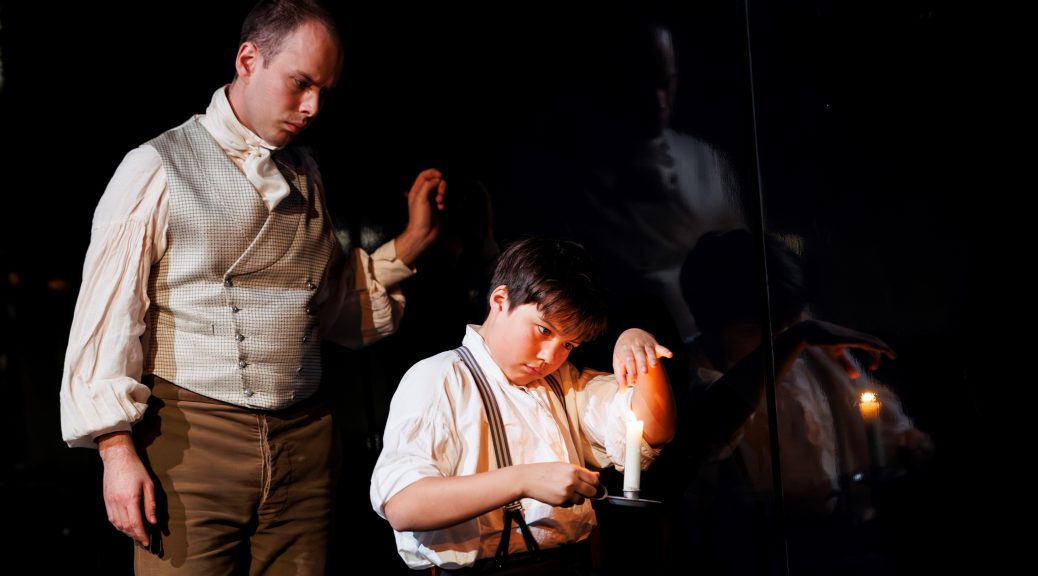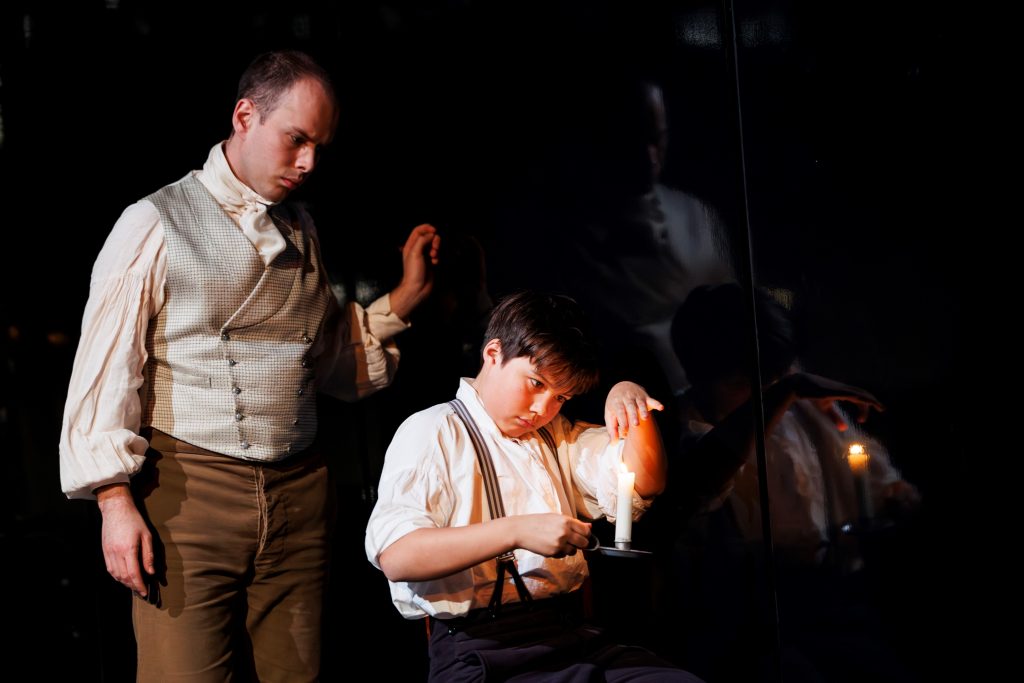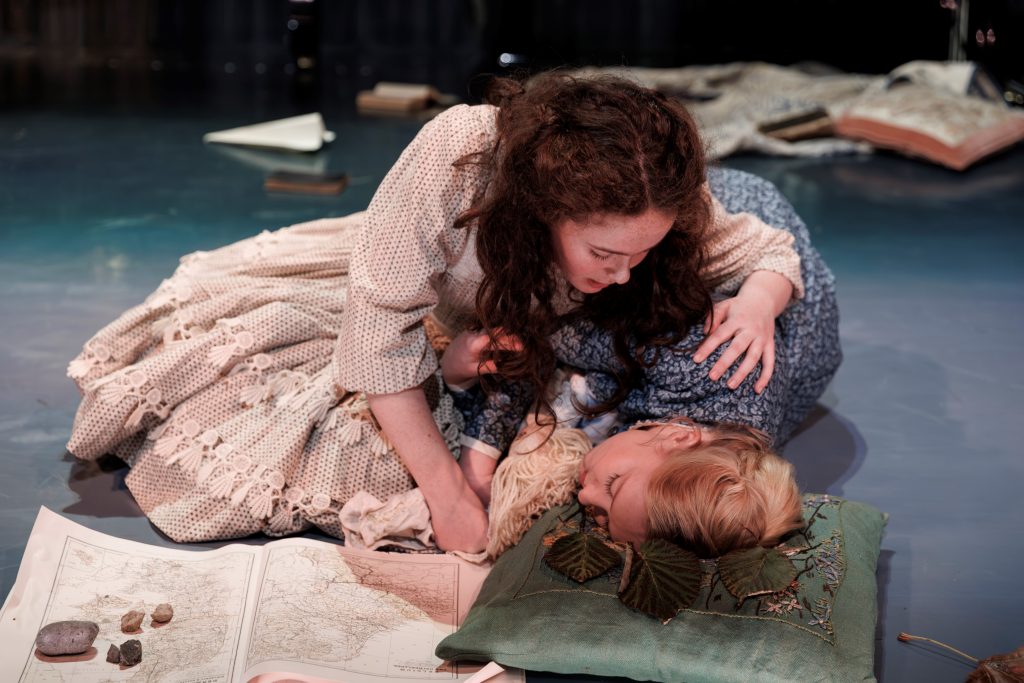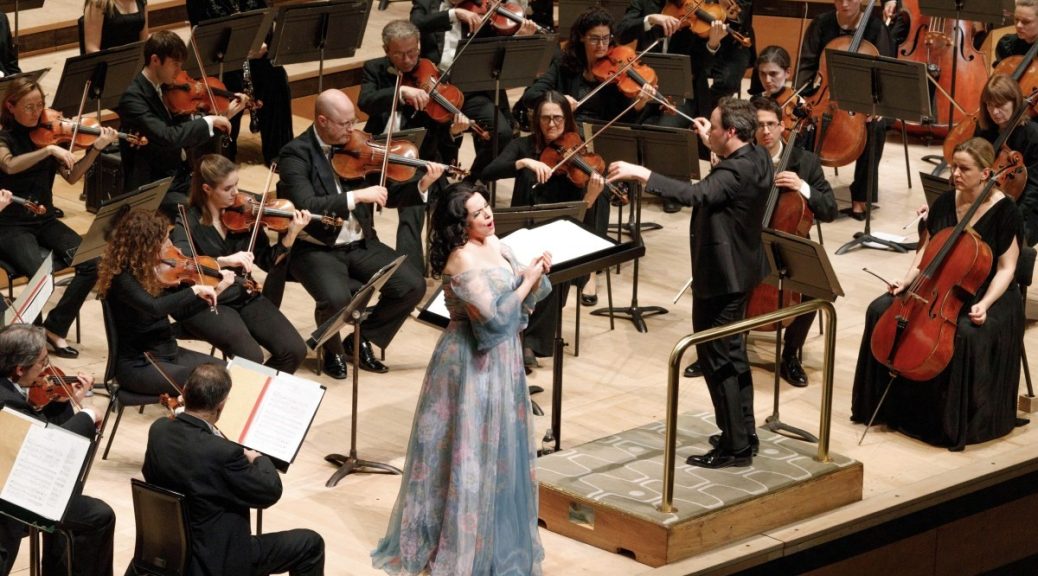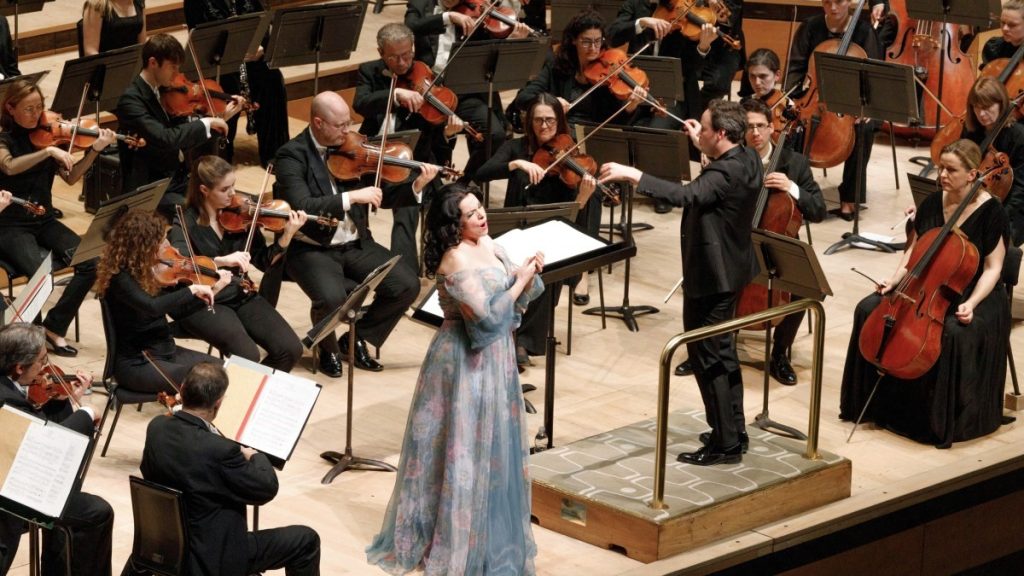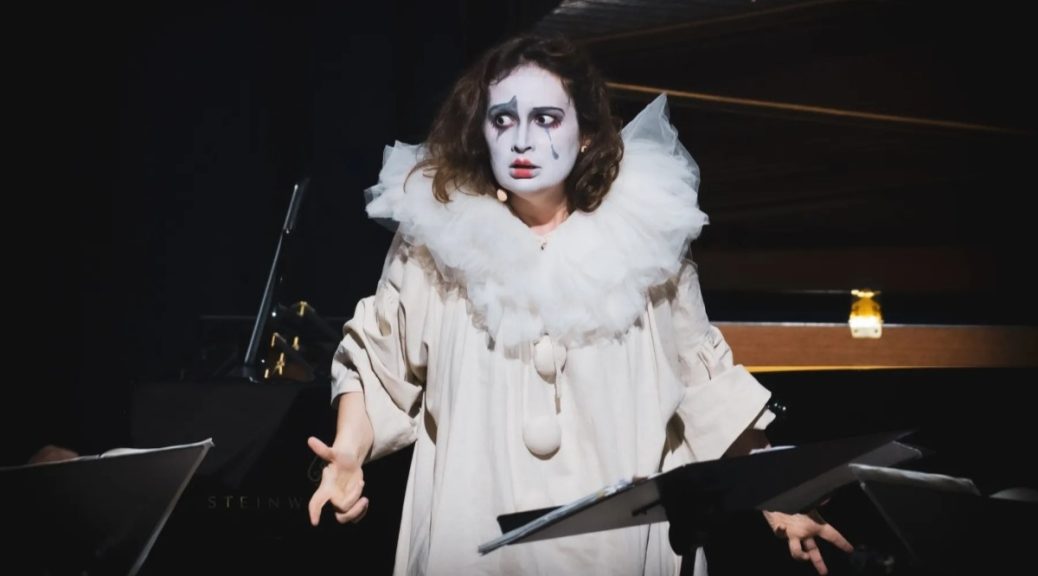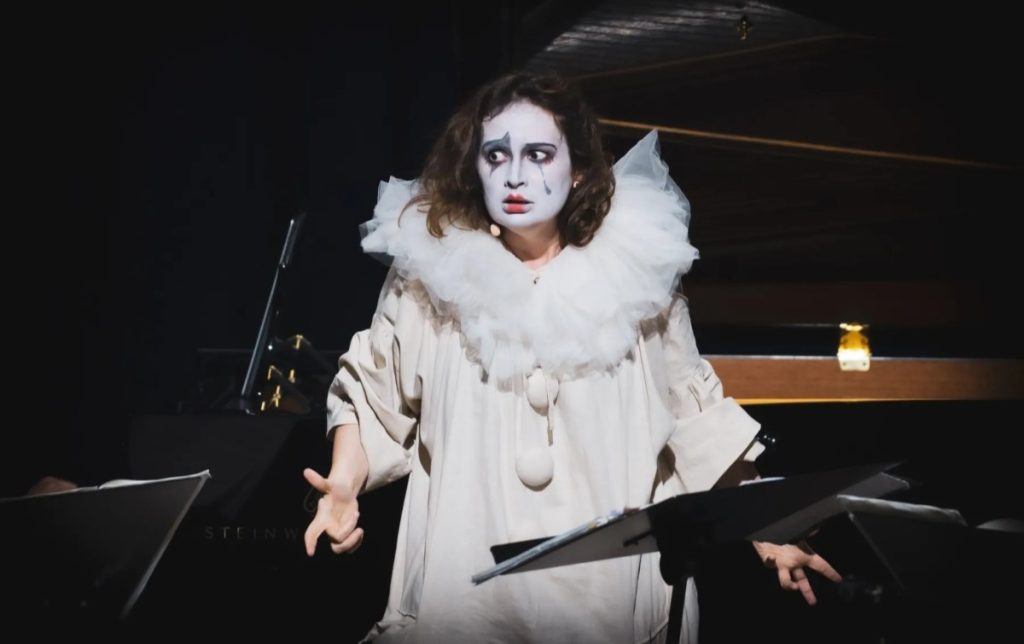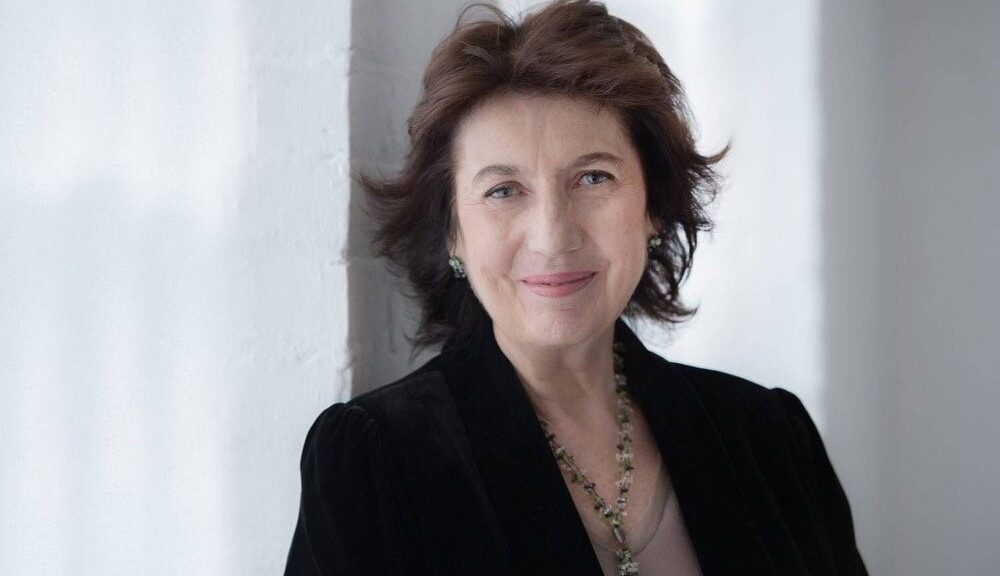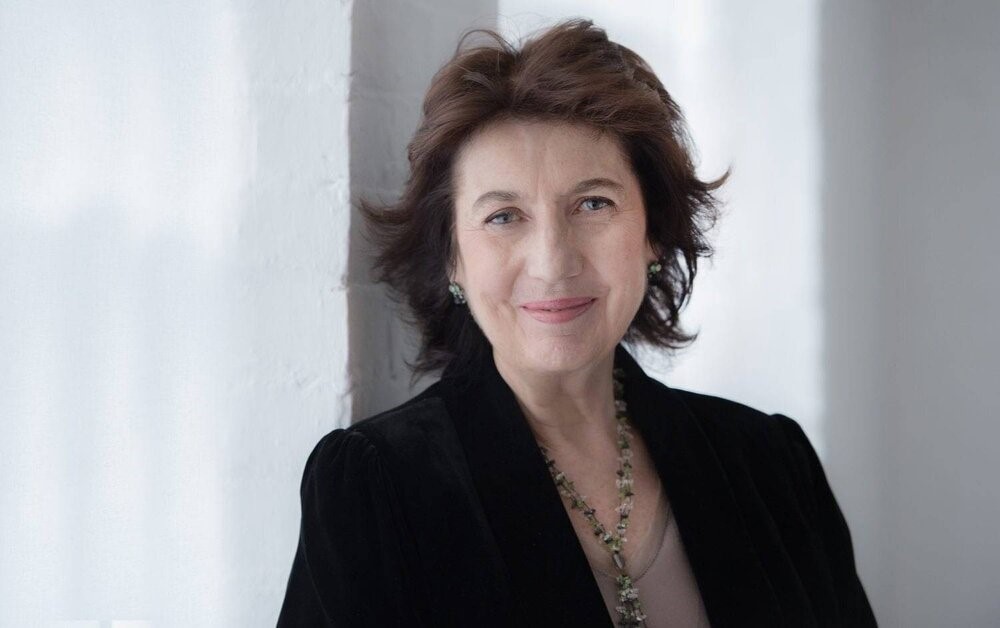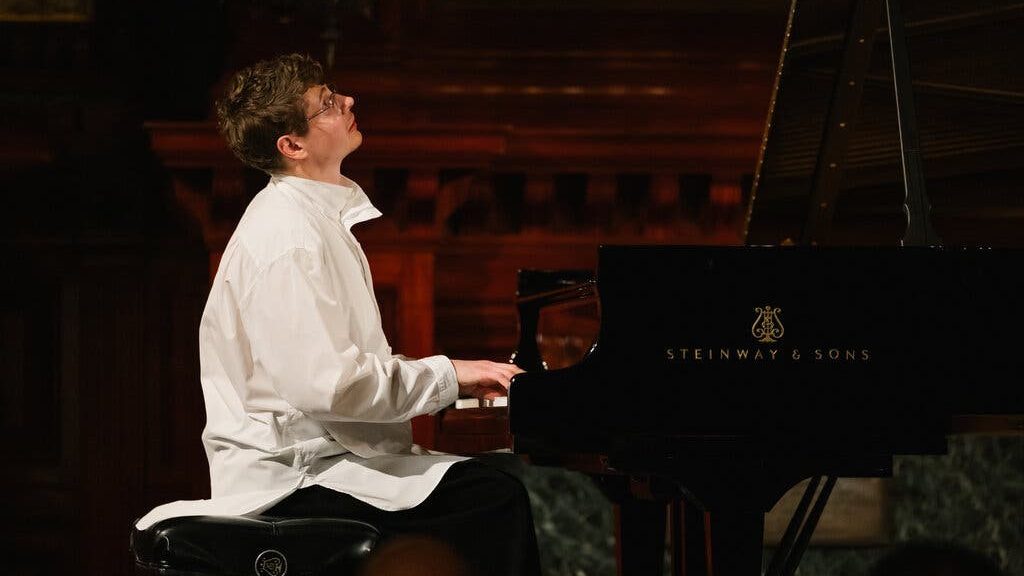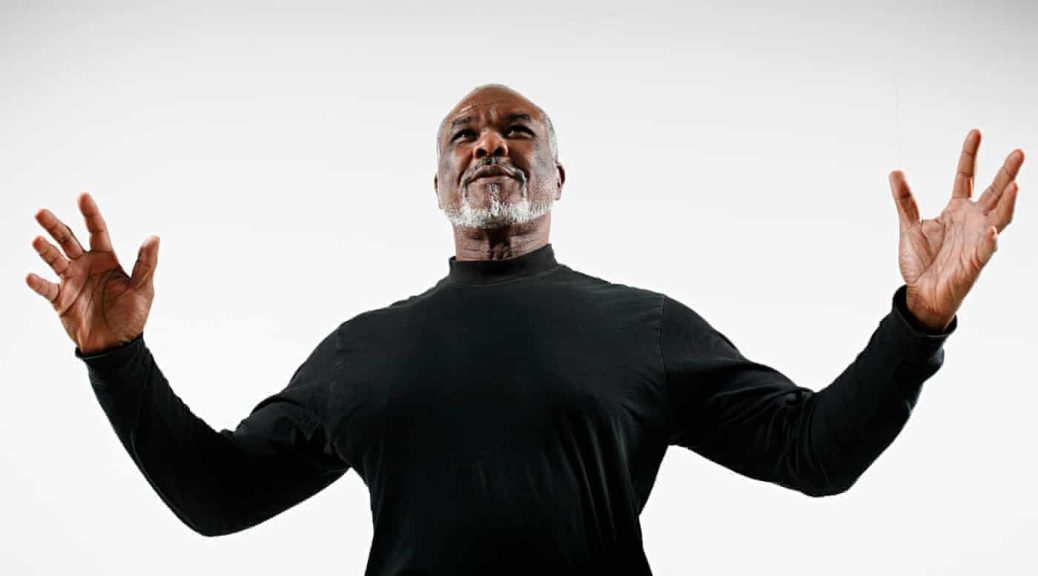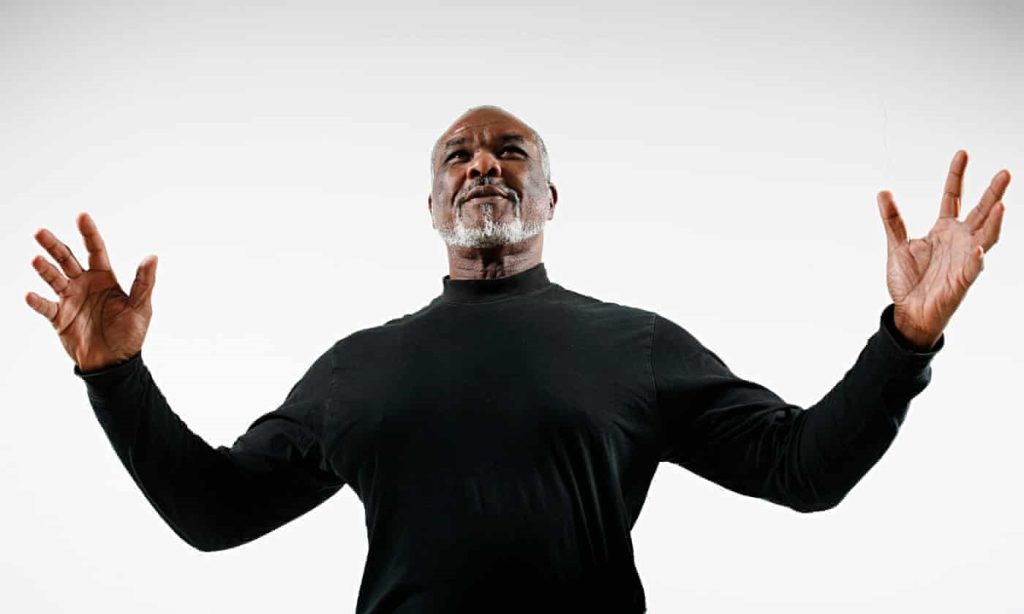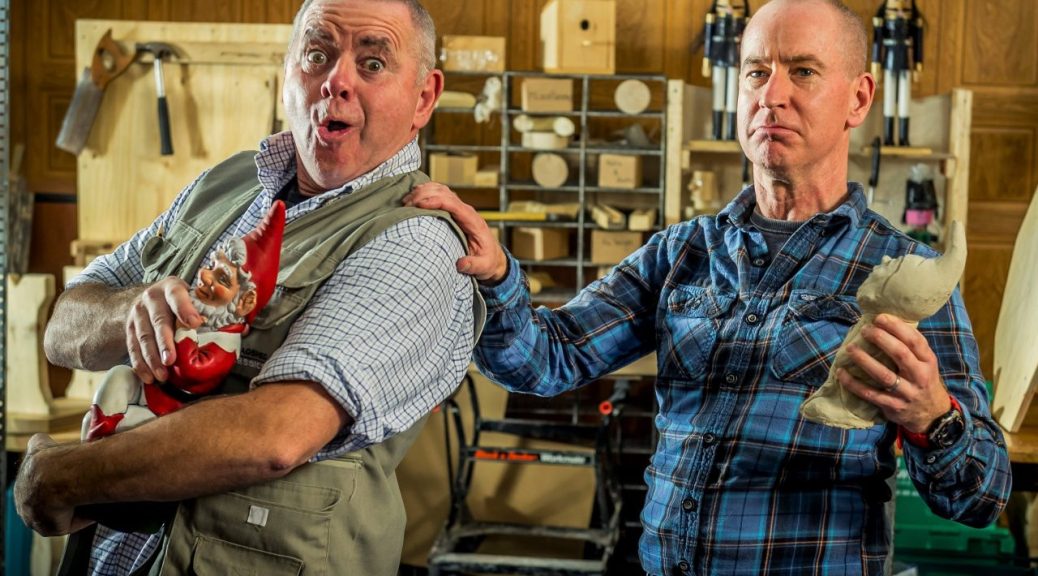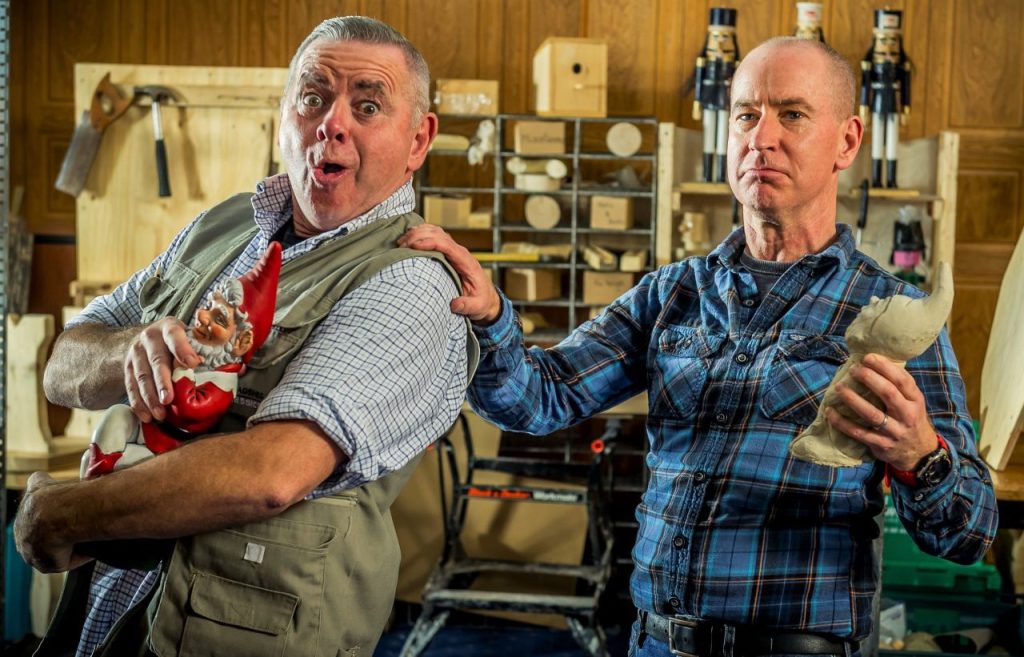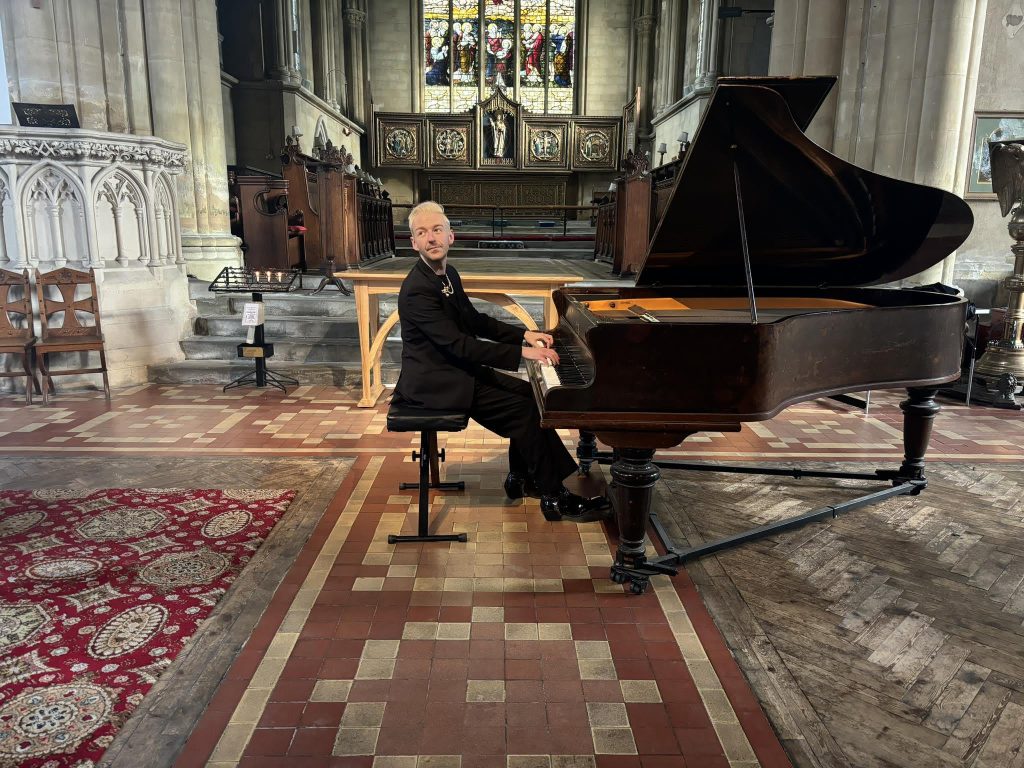
It is a rare thing where I review a friend’s work. Though some opportunities shouldn’t be ignored. Connor Fogel is proving his chops as a music director, pianist and all round dandy. I remained quite touched by his playing on the piano. The choice of programme cleverly demonstrated his talents, Connor has also covered more experimental plains.
Connor knows my thoughts on Chopin, though his Boléro was rather charming. The novelty of Spain lingers, the composers eloquence always on show. Debussy’s Ballade was a special choice, I found the exotic mingling with France to be beguiling. Connor fluttering and depth in the chromatic plain made it sound a breeze, as if a trifle. Quite splendid.
A selection of Rachmaninoff miniatures: two of the Études-Tableaux, Barcarolle and one of the Preludes followed. You may not need massive hands when playing Rachmaninoff, but it certainly would help (the Russian composer had famously large hands). Connor finds many great things in these pieces: the post-Romantic sensibilities, daring tonal leaps all over the keys and maintaining the joy and a heady passion in the pages. Connor has reminded me of the greatness of Rachmaninoff, which I may have dismissed in the past. Though seeing him play the work he adores is proof of this.
The last billing was Liszt and his Andante finale und Marsch aus der Oper König Alfred von Joachim Raff. A lesser known charmer from the eccentric Hungarian composer, Liszt found his secretary and composer Joachim Raff wrote wonderful operas, which got little notoriety. Liszt cheeky and highly attractive work commands more attention, as with his other famous opera transcriptions. The stirring bel canto opening leads into the bouncy march, filled with glissandi, a new ideas at the era. Hats off to Connor for finding these curious rarities that remained a crowd pleaser.
A decent encore of King & I, was a testament to Connor’s stage musical work, the other half to his career in music. I’m glad I went to support a friend, one with oodles of talent.
Connor performs the same recital at Bristol Cathedral on Tue 16th April 2024.

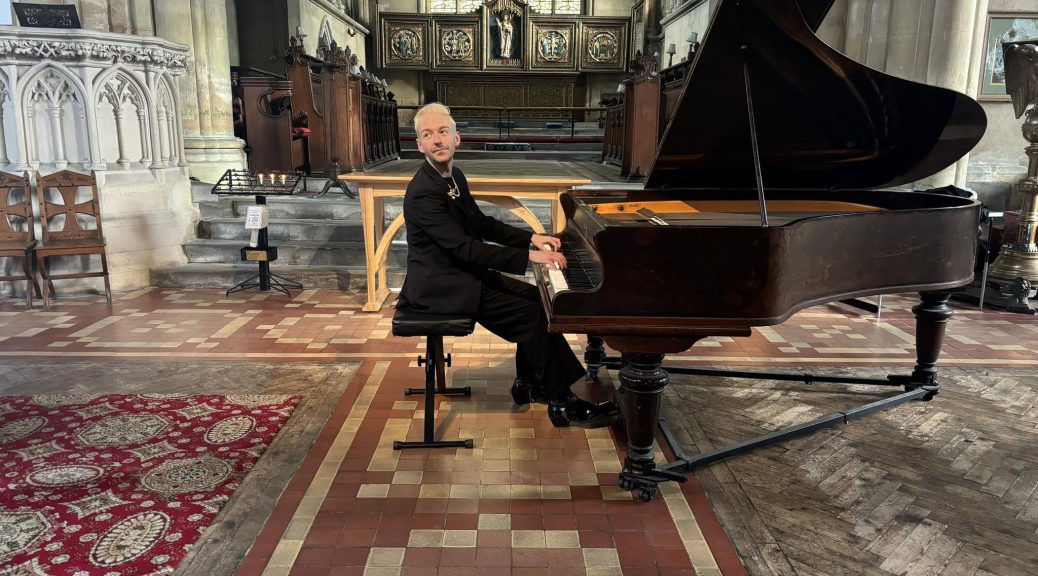

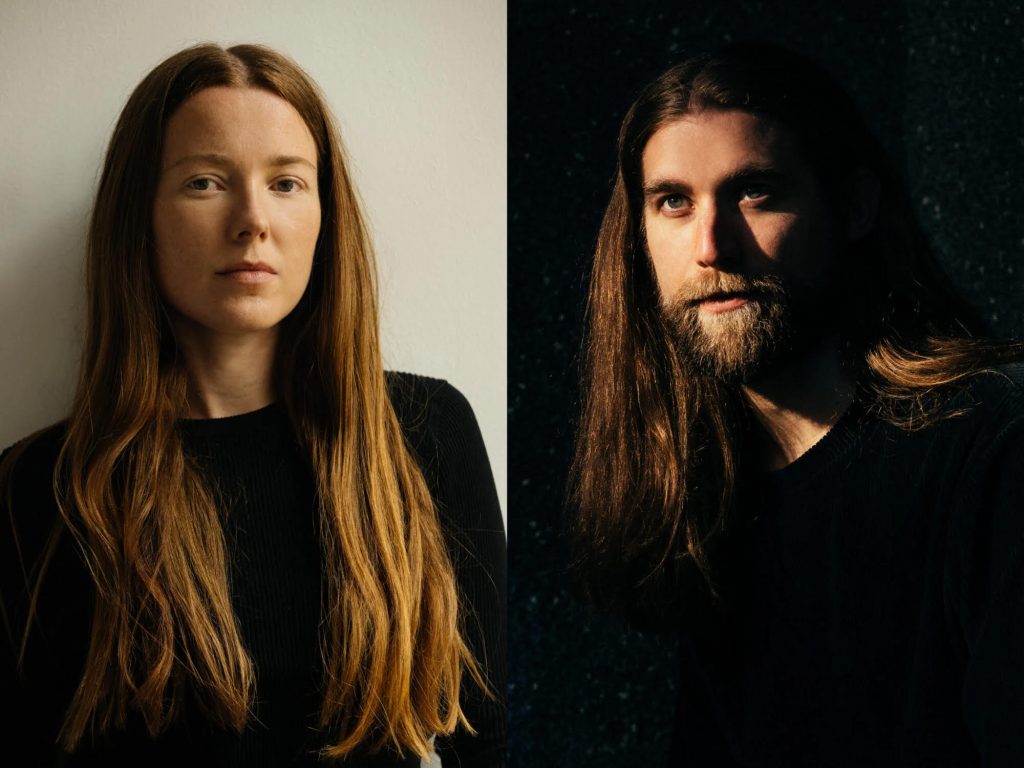
 (3 / 5)
(3 / 5)
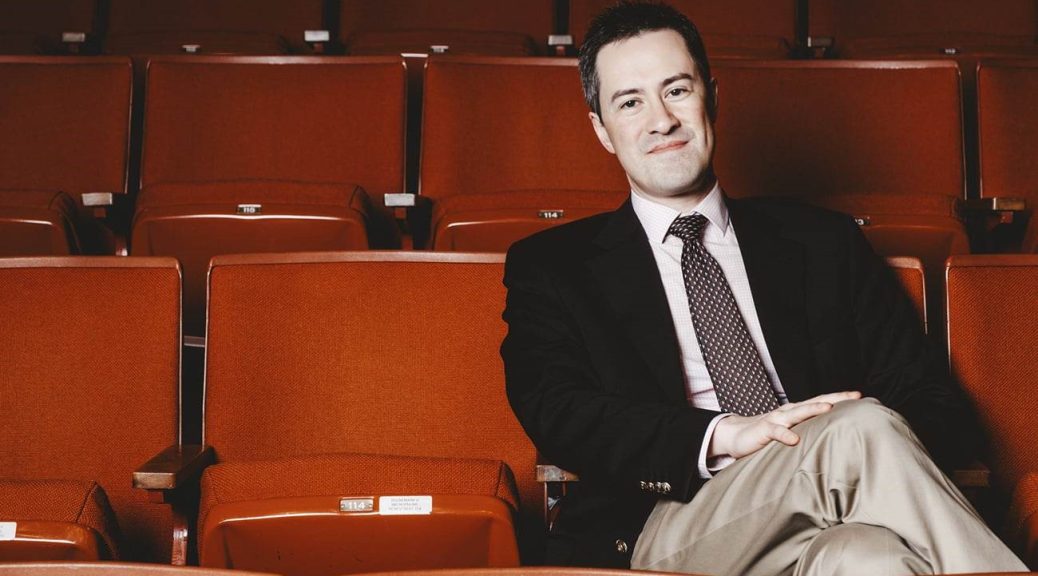
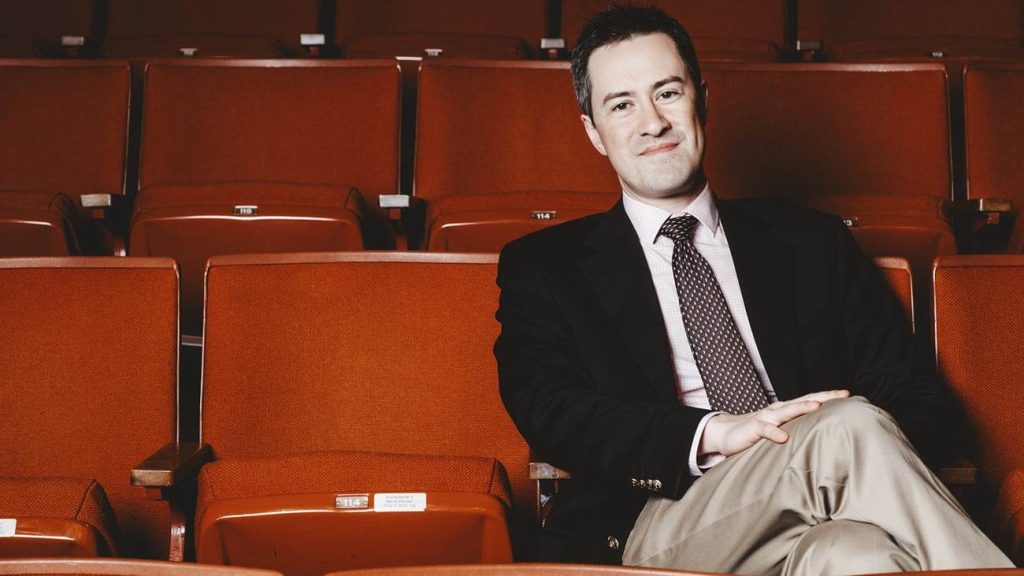
 (4 / 5)
(4 / 5)